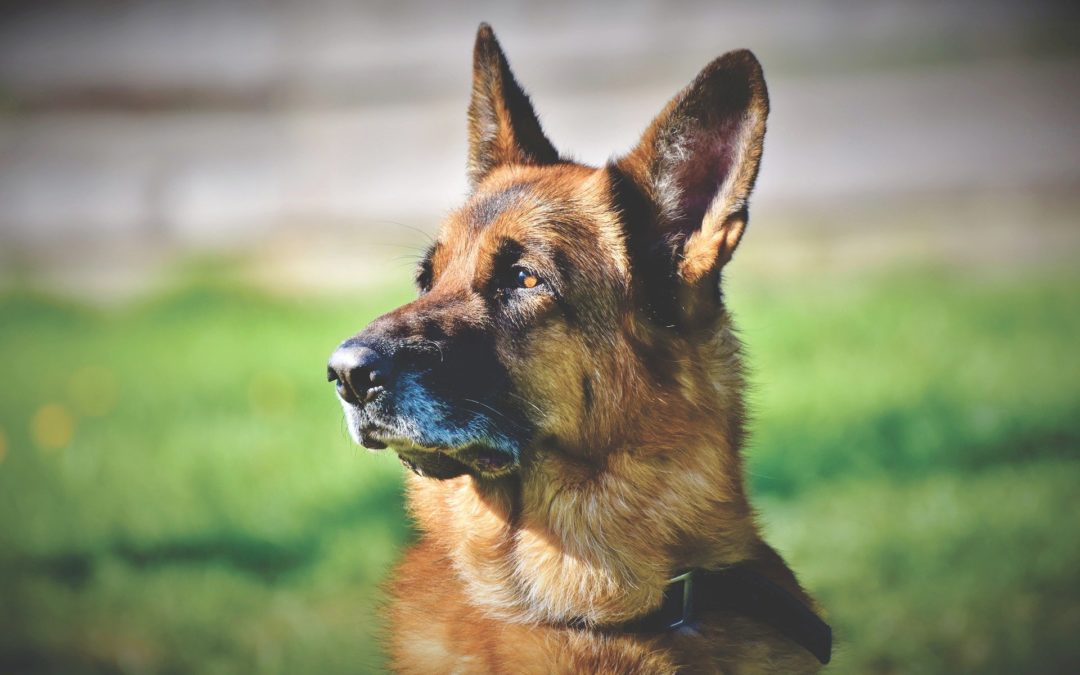Neoplasia is defined as the uncontrolled or abnormal growth of cells in the body that can be benign or malignant, in other words, a tumor. Benign tumors often grow slowly and don’t tend to invade neighboring tissues. Malignant tumors can be unpredictable and often grow rapidly and spread to other tissues or systems in the body. Both benign and malignant neoplasia are called tumors, but malignant neoplasia can be called cancer. The Animal Cancer Foundation reports that in the United States, 1 in 4 dogs and 1 in 5 cats develop cancer in their lifetime. Like people, cancer can affect almost any organ or tissue in a pet. Symptoms of neoplasia can vary based on the tissue involved and the severity of the malignancy. Some signs that can be indicative of a problem include:
- Abdominal swelling
- Visible mass/tumor
- Difficulty breathing
- Difficulty eating or loss of appetite
- Lumps, bumps, or discolored skin
- Delayed healing of wounds
- Persistent vomiting or diarrhea
- Sudden or unexplained weight loss/gain
- Unexplained swelling, heat, pain, or lameness
Neoplasia is typically diagnosed based on medical history and physical exam. Additional diagnostic testing, including radiographs, blood tests, ultrasounds, and microscopic evaluations of cells, can be needed for complete diagnosis, prognosis and to aid in determining appropriate medical treatment.
If your pet has been diagnosed with cancer, you can seek care from a Veterinary Oncologist, a veterinarian that has undergone advanced training and has been certified by the American College of Veterinary Internal Medicine in oncology. They can work with your primary care veterinarian to provide the best care and options for your pet, including advanced imaging like CT or MRI and advanced treatment options like chemotherapy or radiation.
Unfortunately, the causes of cancer in pets are not well understood, and therefore prevention can be challenging. There is evidence that secondhand smoke does increase the chances of cancer in dogs and cats, so keeping your pets away from smoke may be helpful. Obesity has been shown to be a risk factor for certain types of cancer, so keeping your pet at a healthy weight may lessen the risk. Mammary cancer in dogs can be reduced by spaying at an appropriate age. Neutering males eliminates the risk of testicular cancer. Unfortunately, spaying and neutering can increase the chances of other types of cancer. It is also important to know that some breeds are predisposed to certain cancers: Golden Retrievers – hemangiosarcoma and lymphoma, Boxers – mast cell tumors, German Shepard’s – hemangiosarcoma, Rottweilers – osteosarcoma, Doberman Pinchers – mammary cancer and Beagles – lymphoma, osteosarcoma, and bladder cancer. Knowing your dog breed’s predisposition can help with watching for clinical signs. Genetics and the environment can also play a role in cancer in pets. Limit your pet’s exposure to toxins that may be in lawn pesticides, household cleaners, etc. Since prevention can be challenging, early detection and treatment are the best options for a positive outcome.
Fortunately, like veterinary care in general, treatment for cancer has advanced over the years. Routine wellness and preventative care can lead to an early diagnosis which allows for more treatment options. Some cancers can be cured by surgical removal, but some must be managed medically to prolong life and comfort level as much as possible. Chemotherapy, radiation, surgery, and drug therapy are all options for many pets with varying degrees of successful treatment based on the type of cancer and the individual’s response to therapy. Cancer treatment can be costly, but there are options like CareCredit, or even pet insurance if your pet was insured prior to the diagnosis to help owners make the best financial decisions for care and cancer treatment.
Cancer in pets is a diagnosis that can leave a pet parent feeling hopeless and scared. Know that treatments have come a long way, and there are options. Your best option is awareness and good preventative care for your animal friend. Should you be faced with a cancer diagnosis, work with your veterinarian to come up with a treatment plan that will work for you and your pet to give them the best quality of life possible.

